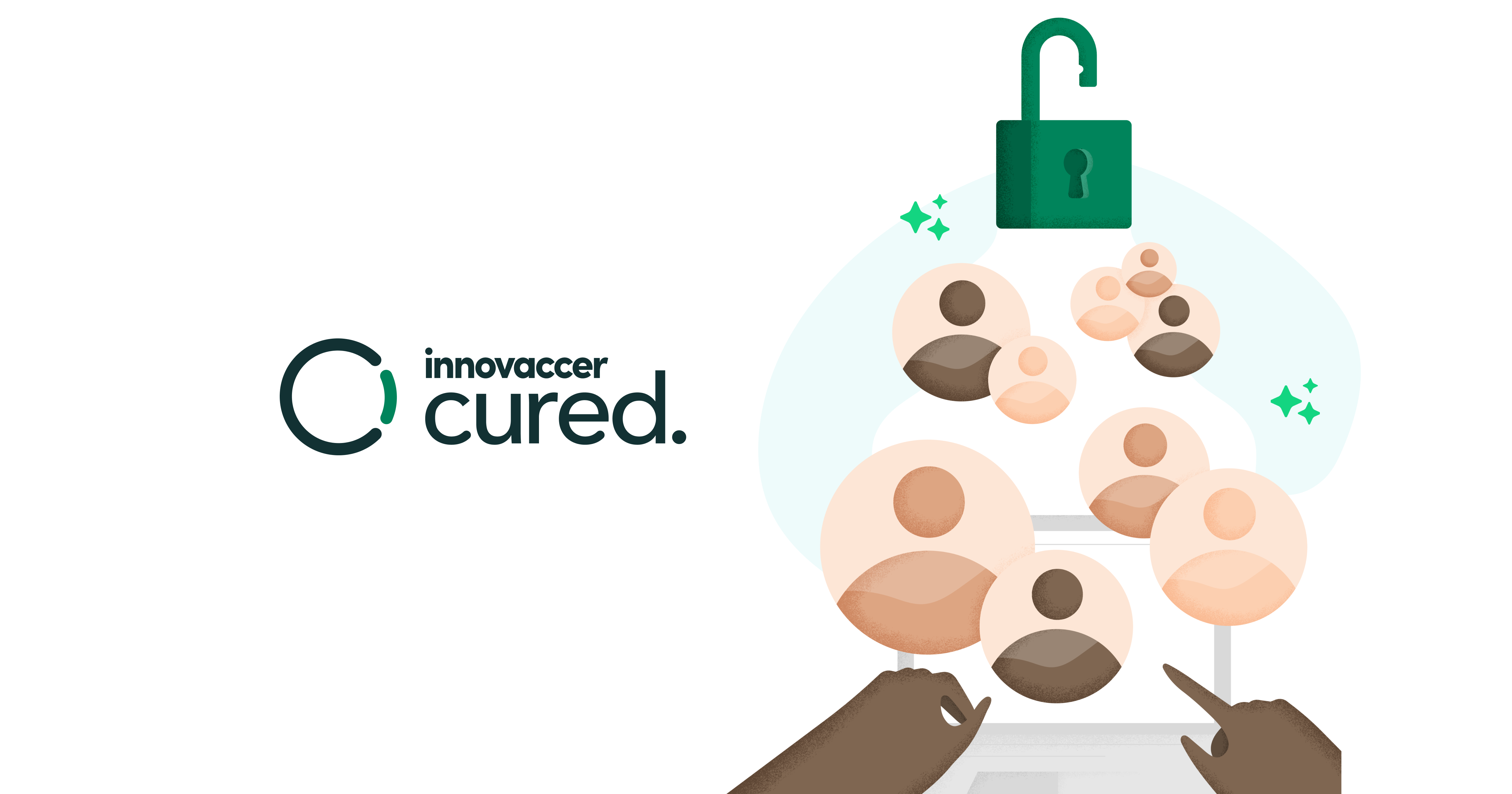behavioral targeting for boosted patient engagement

Behavioral targeting enables healthcare marketers to connect with each patient in a meaningful way
In the modern age of digital marketing, consumers have never had so many different brands and voices vying for their attention in every aspect of life. It’s never been more vital to stand out with tailored marketing communications that are relevant to the individual healthcare consumer. One of the best ways to accomplish this is through behavioral targeting, a strategy that pulls previous consumer behavior data to personalize future marketing efforts. Behavioral targeting enables marketing campaigns that are meaningful to each patient and have the power to impact their care outcomes positively.
understanding behavioral targeting
Behavioral targeting involves collecting data from individuals’ engagement with previous marketing efforts to find the most relevant content. The data includes all types of consumer behavior, including clicks and opens on emails, views on landing pages, or web form fills. Create detailed profiles for every healthcare consumer by pooling this behavioral data. Individual profiles are then sorted into segments, splitting the patient population into different groups based on their specific preferences and interests. After identifying these segments, marketers can create materials for each, ensuring that every campaign delivered will resonate with its audience. This system allows marketers to make every individual feel valued and seen by only receiving targeted content while maintaining their volume of campaigns.
why personalized marketing wins
According to a recent study, 87% of consumers say it's essential to buy from a brand or retailer that "understands the real me” (Accenture). This article highlights the value of personalized marketing. In the healthcare industry, authenticity is paramount. Healthcare consumers want to feel understood and valued. Behavioral targeting enables marketers to present messages that align with each patient's individual needs and preferences, fostering trust and loyalty. By delivering content that speaks to their unique health concerns and interests, healthcare organizations can establish a deeper connection with their audience.

driving health outcomes with behavioral targeting
Behavioral targeting isn't just about increasing engagement; it's also about driving positive health outcomes. Healthcare marketers can encourage healthier behaviors and improve patient outcomes by delivering relevant and timely information. For instance, personalized reminders for medication adherence, tailored content on managing chronic conditions, and targeted health tips can significantly impact a patient's health journey.
Imagine a campaign launch focused on patients with diabetes. By applying behavioral targeting, you can identify patients who have opened emails but have not scheduled a follow-up appointment and send them reminders or educational content to encourage action. Alternatively, you can create a campaign to reward patients who consistently attend care management appointments with tailored tips or incentives. This efficient, personalized approach helps focus marketing efforts, delivering relevant messages at the right moments for the best care outcomes.
Behavioral targeting can help identify at-risk populations and deliver interventions that prevent health issues from escalating. Healthcare marketers can play a pivotal role in promoting preventative care and reducing healthcare costs by understanding and addressing these groups' specific needs with targeted campaigns.
staying HIPAA compliant with behavioral targeting
When working with health data and personalization, it’s vital to fully understand and comply with the Health Insurance Portability and Accountability Act (HIPAA). When implementing behavioral targeting strategies, HIPAA sets strict guidelines on using and sharing personal health information (PHI). To stay compliant, marketers should:
- Anonymize Data: Ensure that any data used for targeting is anonymized and untraceable to an individual.
- Obtain Consent: Secure explicit consent from users before collecting and using their data for marketing purposes.
- Work with Compliant Partners: Collaborate with data providers and marketing platforms, such as our fully HIPAA-enabled Healthcare Experience Platform (HXP).
Healthcare marketers can leverage behavioral targeting by adhering to these practices without compromising patient privacy and data security.
Behavioral targeting offers healthcare marketers a powerful tool to connect with their audience on a deeper level. By using behavioral targeting to write personalized and relevant messages, healthcare organizations can foster trust, build engagement, and drive better health outcomes. When effectively rolled out, behavioral targeting is a win-win strategy for healthcare marketers and their consumers.



